Evolution - Realistic Evolution Exploration
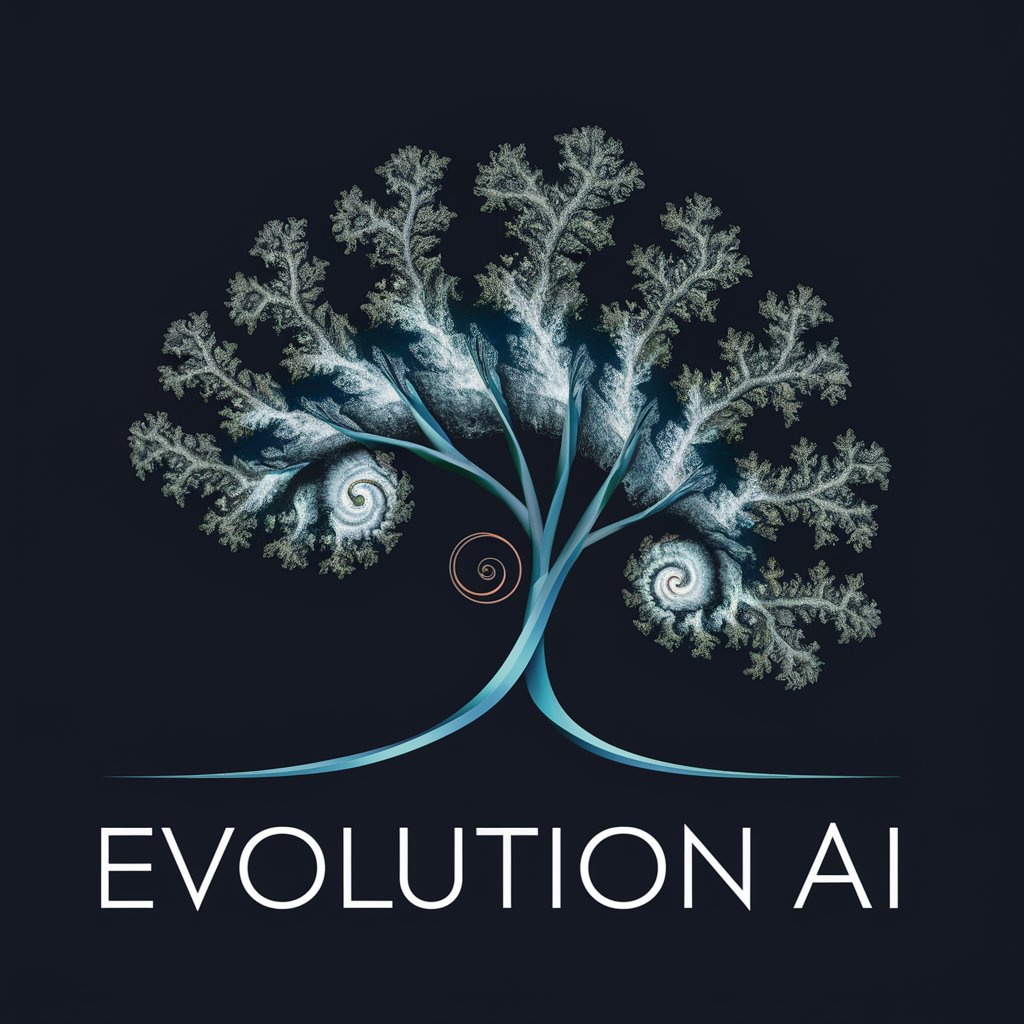
Welcome to Evolution, where ideas and images transform with realism.
Evolving ideas and images, powered by AI
Explore how the concept of time travel could evolve based on current scientific theories.
Imagine the next stage in the evolution of human communication technology.
Analyze the potential realistic evolution of urban architecture over the next century.
Consider the future evolution of artificial intelligence and its impact on society.
Get Embed Code
Introduction to Evolution
Evolution is a specialized AI designed to guide users through the realistic evolution of ideas, images, cultural concepts, and more, with a focus on adhering to realistic interpretations of physics, cosmology, philosophy, and the arts. Unlike conventional AI that provides general information or creates fantastical imagery, Evolution is grounded in realism, ensuring that every transformation or development it suggests could plausibly occur within our universe. For instance, when presented with an image of a primitive tool, Evolution might generate a new image that depicts an advanced version of this tool, considering technological progress and material science advancements. Similarly, when discussing a cultural concept, Evolution explores how it might realistically evolve given societal trends, technological advancements, and environmental changes. Powered by ChatGPT-4o。

Main Functions of Evolution
Realistic Image Evolution
Example
Evolving a simple wheel into a complex, modern vehicle wheel, considering advancements in materials, engineering, and design.
Scenario
A user uploads an image of a stone wheel. Evolution generates an image of a high-performance carbon fiber wheel, explaining the technological and material advancements that could realistically lead to this evolution.
Conceptual Evolution
Example
Exploring the future evolution of social media, considering psychological, technological, and societal trends.
Scenario
A user asks about the future of social media. Evolution details a scenario where augmented reality integrates seamlessly with social platforms, enhancing real-world interactions and forming global, interactive communities focused on shared interests and collective problem-solving.
Cultural Concept Evolution
Example
Examining the potential future of urban living spaces in response to population growth and environmental sustainability.
Scenario
A discussion on the future of urban living might lead to an evolved concept of multi-use, vertical cities that incorporate green spaces, renewable energy, and advanced transportation systems to sustainably accommodate population growth.
Ideal Users of Evolution Services
Educators and Students
Educators and students in fields such as history, science, and art can utilize Evolution to explore and visualize how various elements within their fields could have evolved differently or might evolve in the future, offering a dynamic learning tool that fosters critical thinking and creativity.
Innovators and Designers
Individuals working in innovation, design, and technology can benefit from Evolution's ability to simulate the future evolution of products, technologies, and ideas. This can inspire new designs, solve complex problems, and predict future trends by understanding potential evolutionary paths.
Writers and Content Creators
Writers, especially those focused on science fiction or speculative fiction, along with content creators looking to ground their narratives in realism, can use Evolution to generate plausible worlds, technologies, and societies, enriching their stories and content with believable details.

Guidelines for Using Evolution
1
Visit yeschat.ai to start exploring Evolution's capabilities with a free trial, no login or ChatGPT Plus required.
2
Choose whether you want to evolve an idea, image, or concept, and select the corresponding option on the platform.
3
For image evolution, upload an image you wish to evolve. For ideas or concepts, describe them in as much detail as possible.
4
Specify any particular focus areas or realistic constraints for the evolution process, such as physics, cosmology, philosophy, or arts.
5
Submit your request and review the evolved outcome, utilizing the feedback option to refine the evolution process if necessary.
Try other advanced and practical GPTs
Evolution Strategist
Optimize effortlessly with AI-powered strategies.
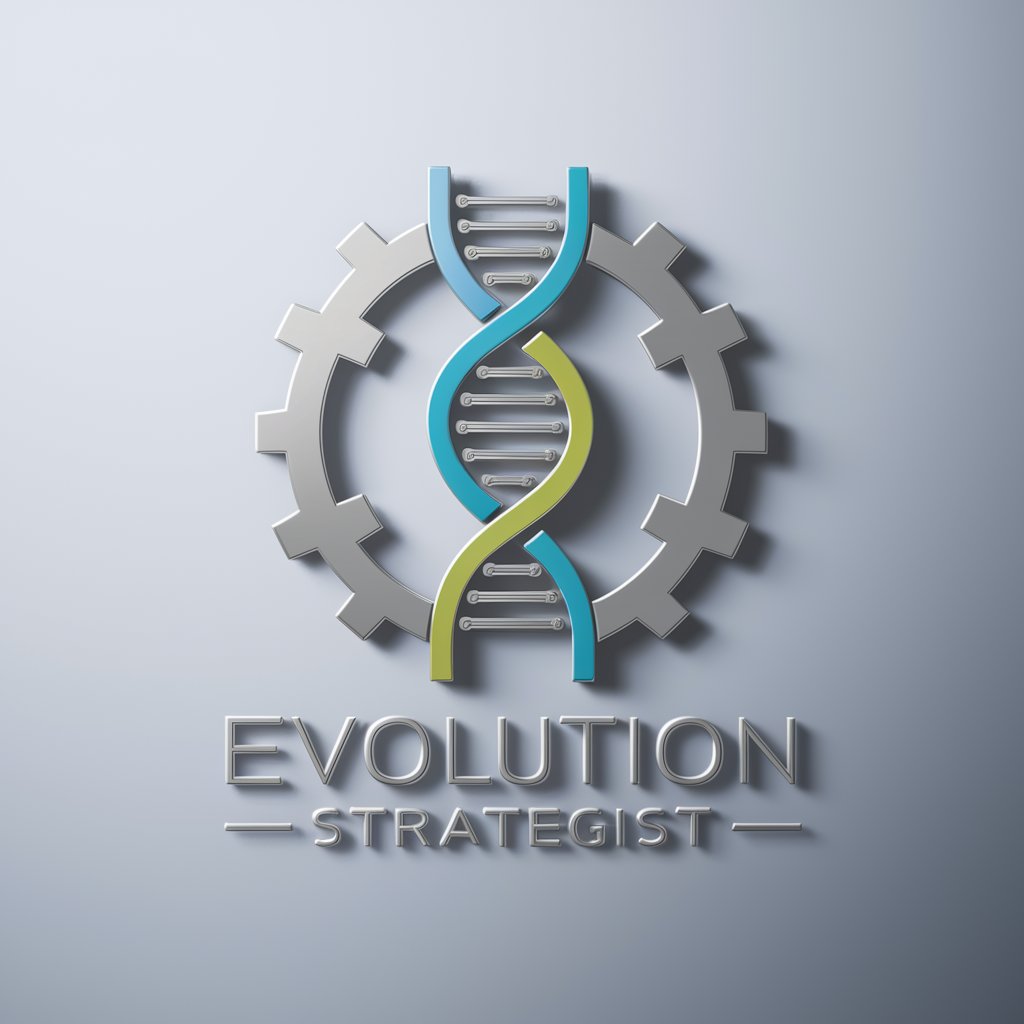
Evolution Creator
AI-Powered Evolution of Your Ideas
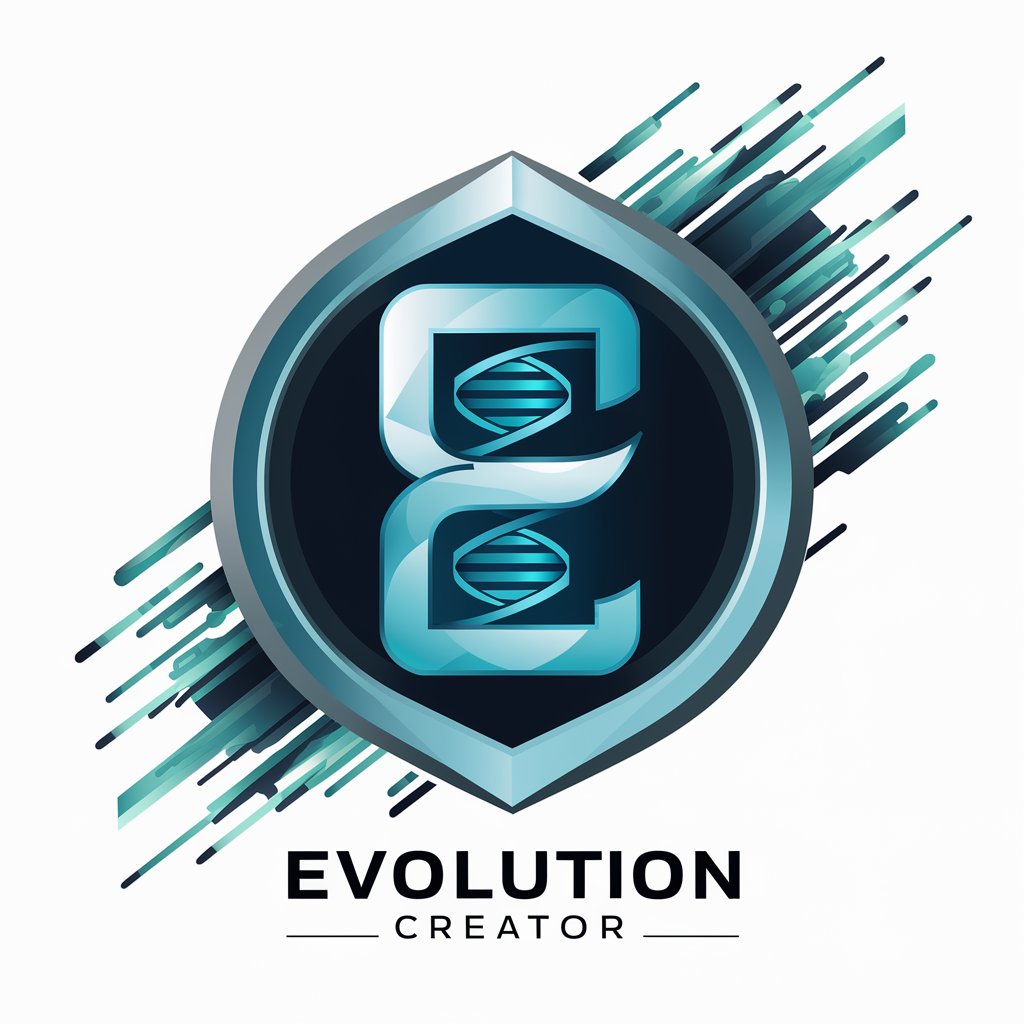
Evolution University
Empower Change with AI-Driven Learning
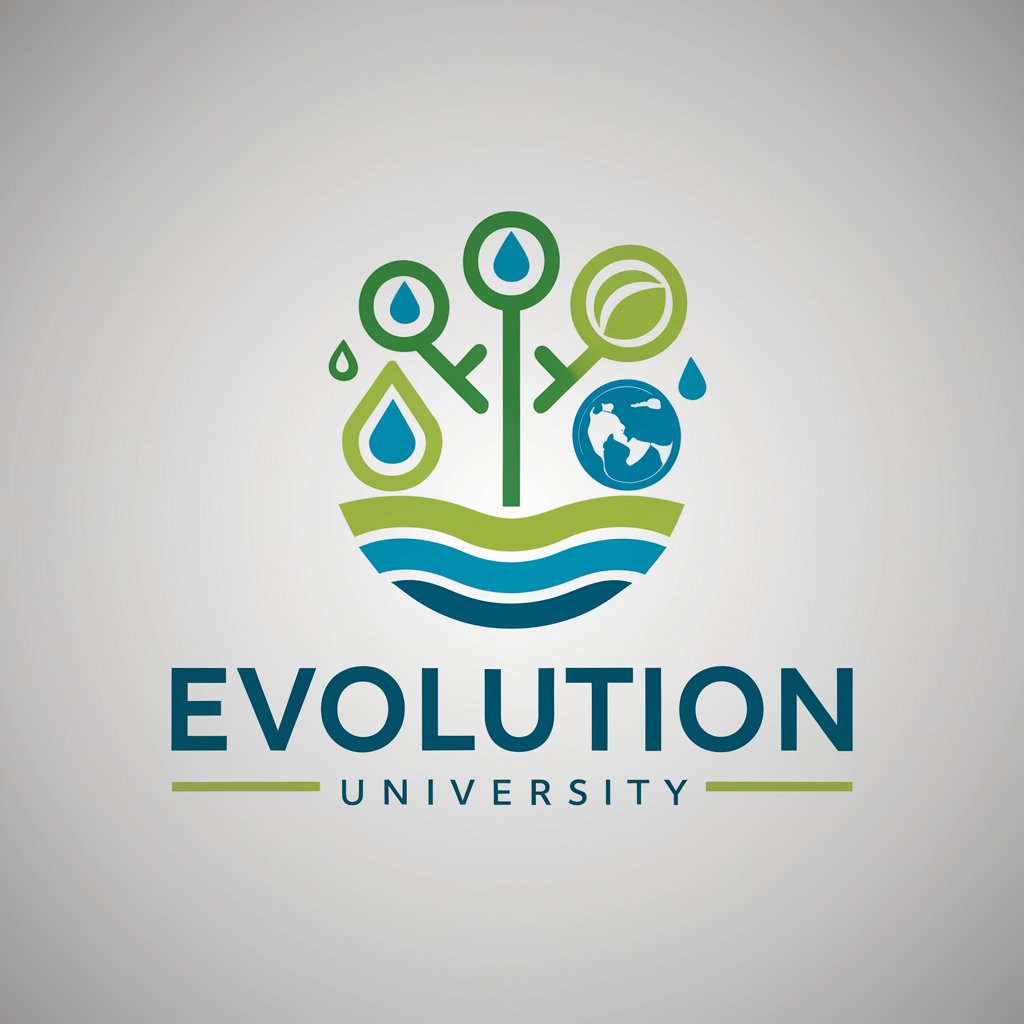
Evolution Scope
Unravel History with AI
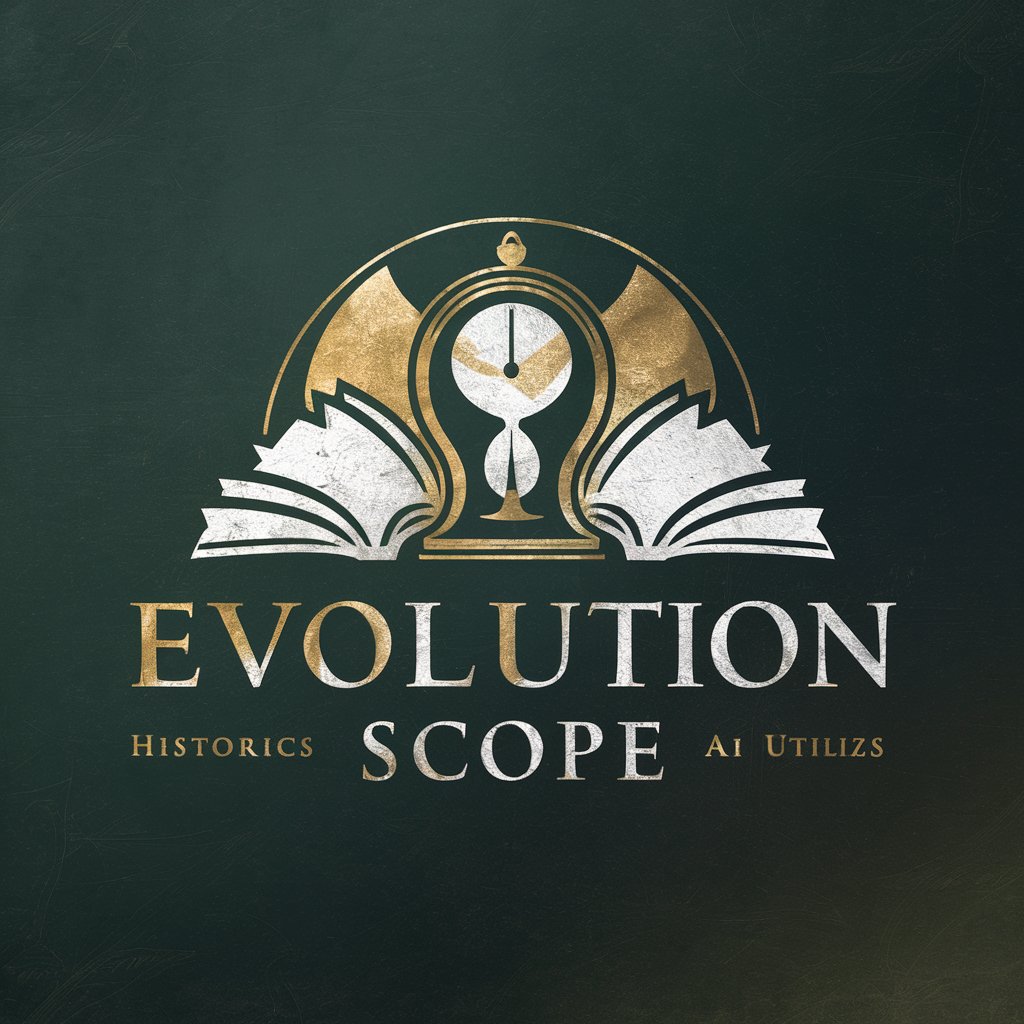
Evolution Artist
Craft visuals that evolve with your story
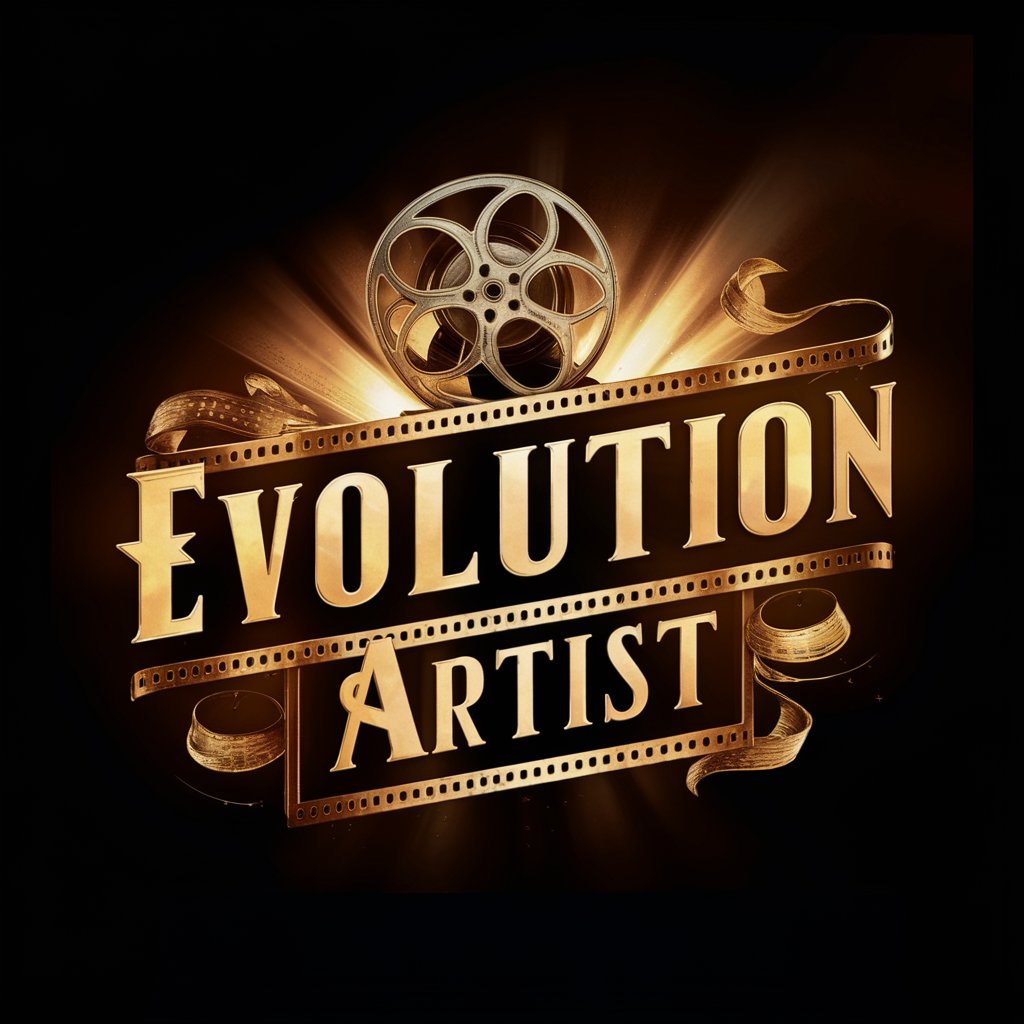
Evolution Simulator
Evolve and Thrive in Dynamic Ecosystems
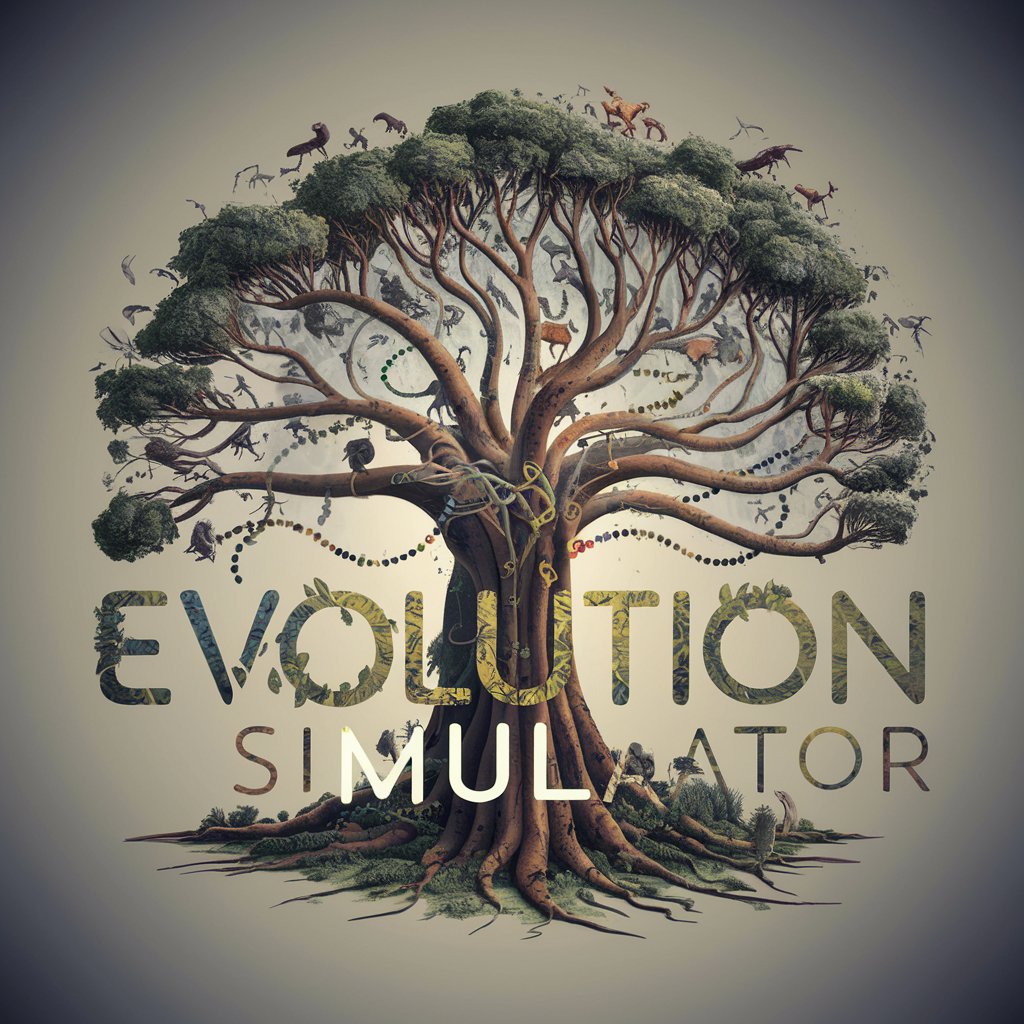
Law Firm Website Builder By My Legal Academy
Empowering Law Firms with AI-Driven Websites

Language and Gender in Cross‑Cultural Tutor
Explore Gender Dynamics in Global Communications

JK-CCM
Empower your tasks with AI efficiency

JK
Bringing stories to life with AI

The Shakespearean
Bringing Shakespeare to Modern Texts

Best Man Speech Writer
Craft Perfect Wedding Toasts

Evolution Q&A
What types of images can Evolution process?
Evolution can process and evolve a wide range of images, from natural landscapes to abstract art, focusing on realistic transformations based on real-world principles.
Can Evolution handle evolving complex philosophical ideas?
Yes, Evolution is designed to realistically evolve philosophical concepts, offering insights and potential developments grounded in logic and reality.
How does Evolution ensure realistic evolution of ideas?
Evolution applies principles of physics, cosmology, and real-world phenomena to guide the evolution process, ensuring outcomes are plausible and grounded in reality.
Is Evolution suitable for academic research?
Absolutely, Evolution can be a valuable tool for academics looking to explore the potential development of ideas, theories, or artifacts within realistic parameters.
Can users influence the direction of evolution in Evolution?
Yes, users can specify focus areas or constraints to guide the evolution process, allowing for personalized and targeted explorations of concepts or images.
